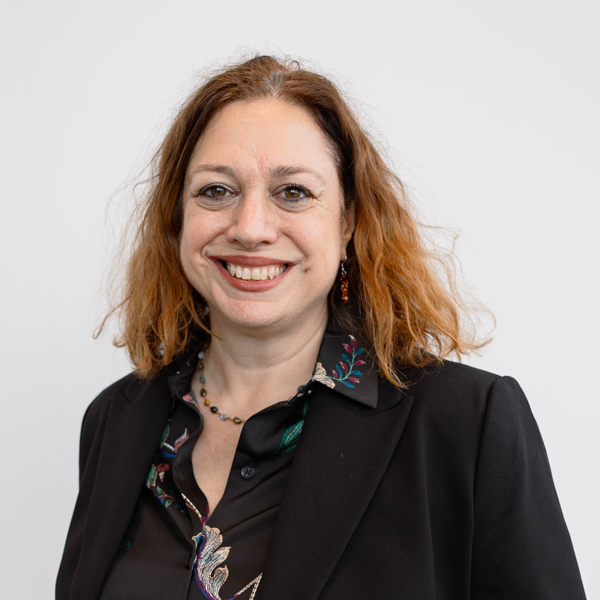The Women's and Gender Studies Conference is an annual event jointly hosted by Wilkes University and King's College.
2026 Conference
March 30 & 31, 2026 | Wilkes University, Henry Student Center
Keynote Address

- Speaker: Dr. Lucia McMahon
- March 30, 7 p.m.
- Jean & Paul Adams Commons, Wilkes University
Today, Americans generally take it for granted that college education is open and accessible to all citizens, both men and women. But during our nation’s founding, women's educational opportunities were more limited and their intellectual equality to men was not fully accepted.
For decades before colleges officially opened their doors to them, women in early national America sought access to an expanding array of educational institutions. In various letters, diaries, and school essays, women students wrote enthusiastically about their educational journeys and intellectual aspirations. As women’s access to education expanded, so too did debates about the socially accepted uses, capacities, and value of their educational attainments. While advocates proudly asserted that women possessed “an equality of mind” with men, critics warned about the dangers of educated women becoming too ambitious and egoistic. Ultimately, early national women were urged to focus on preparing for their prescribed domestic and social roles, rather than their own intellectual or career ambitions. That echoes of these debates can be found across social media today both reinforces the transformative power of education and connects us to a much longer history of negotiating gender, equality, and citizenship.
About Our Speaker
Lucia McMahon is currently a Professor in the Department of History, Philosophy, and Liberal Studies at William Paterson University in Wayne, NJ, where she regularly teaches courses in historical methods, early national U.S. history, and women’s history. Her research broadly focuses on women’s intellectual and educational history, with a particular focus on the recovery of relatively “unknown” women’s voices and experiences. She is the author of several books and articles, including Mere Equals: The Paradox of Educated Women in the Early American Republic (Cornell University Press), and The Celebrated Elizabeth Smith: Crafting Genius and Transatlantic Fame in the Romantic Era (University of Virginia Press).
Contact
For more information or questions about the conference, please contact:
Director of Women's and Gender Studies at Wilkes University
jennifer.thomas@wilkes.edu email link
Director of Women's Studies at King's College
